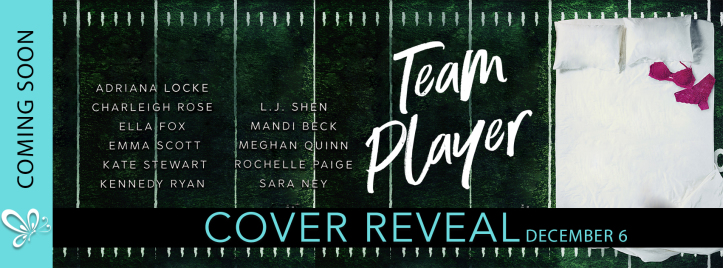 WARNING: Spoilers.
WARNING: Spoilers.
As an avid Young Adult novel reader, the release of John Green’s new book, Turtles All the Way Down, was rather exciting for me. As overrated, pretentious and unrealistic as his books may be, as stereotypical as his characters actually are (Manic Pixie Dream Girl/ The Nice Guy, anyone?), you can’t help but be excited. The first YA novel I ever read was Looking for Alaska and I proceeded to read every other John Green book there is. His last book, which was published around a month ago, was pleasantly surprising yet still fit the stereotypical YA book.
Description:Sixteen-year-old Aza never intended to pursue the mystery of fugitive billionaire Russell Pickett, but there’s a hundred-thousand-dollar reward at stake and her Best and Most Fearless Friend, Daisy, is eager to investigate. So together, they navigate the short distance and broad divides that separate them from Russell Pickett’s son, Davis.
Aza is trying. She is trying to be a good daughter, a good friend, a good student, and maybe even a good detective, while also living within the ever-tightening spiral of her own thoughts.
From the description, the book seems to tell the story of a teenager solving a mystery; it actually turned out to be something else altogether. What started out as an Indianapolis teenager, Aza Holmes, trying to find Russel Pickett, a billionaire accused of fraud amidst other things, turned out to be a story of personhood and mental illness. That was one of the things I loved most about the book because you don’t notice until you get to almost the middle of the story that the mystery, the love interest (The billionaire’s son, Davis Pickett) and Aza’s relationship with her oh-so-quirky best friend Daisy, are nothing but a backdrop to her struggle with severe anxiety.
The thing is, I believe this backdrop is actually unnecessary. I don’t think John Green did such a great job in “constructing” the plot of his book. It would’ve been great if he’d kept the mystery, the love interest, the best friend, the everyday life so-to speak, as superficial as possible while delving deep into Aza’s journey through mental illness. It would’ve also been great if he’d delved deeply in both her relationships with others and her relationship with herself. Instead, once you get to the end of the book, you realize it was a weird mix of going half deep, half skimming the surface of the two sides of Aza’s life.
The character of Aza is extremely well written by Green, she’s probably my favorite character of his (to date) thanks to how non-stereotypical she is and how real she feels. In the passages where he’s describing her anxiety or compulsions, you can’t help but feel helplessly pained by her existential crisis, or even relate to it. Unfortunately, these passages are a bit ruined, and, sometimes, trivialized by the excessive and repetitive use of fake-deep philosophical metaphors. Similarly, the weird backdrop to Aza’s story frustrated me, or, I’d rather say that the way John Green wrote it frustrated me. I loved that the love interest wasn’t the main focus of the story, though the uber-philosophical and poetic dialogues (complete with the “look at the stars” scenes) were unfortunately not kept at bay. I also loved how Aza’s relationship with her (admittedly stereotypically quirky) best friend Daisy occupied a much more important place in the book. I felt like that plot had so much unexploited potential and it would’ve been so much better to abandon the love interest plot altogether so that Green could write more about Aza and Daisy’s friendship. Granted, the book is mostly about that friendship and Aza’s anxiety. But, I found that all of the subplots surrounding the Pickett family were a waste of time that could’ve been invested into creating better subplots. The whole backdrop of subplots ended up looking like fillers, something to distract readers who got bored from the description of Aza’s inner struggle.
I understand and respect that John Green had to write these fillers so he could keep a wider audience interested in the book. But it still diverges away from all the potential the book has.
So would I recommend this book? Yes. Aza Holmes is an amazing character and her journey through mental illness is beautiful to read and that overpowers the stereotypical nonsense the author probably had no choice but to fill his book with. Good job, Green, Aza won me over!
-F.M
Advertisements Share this!





